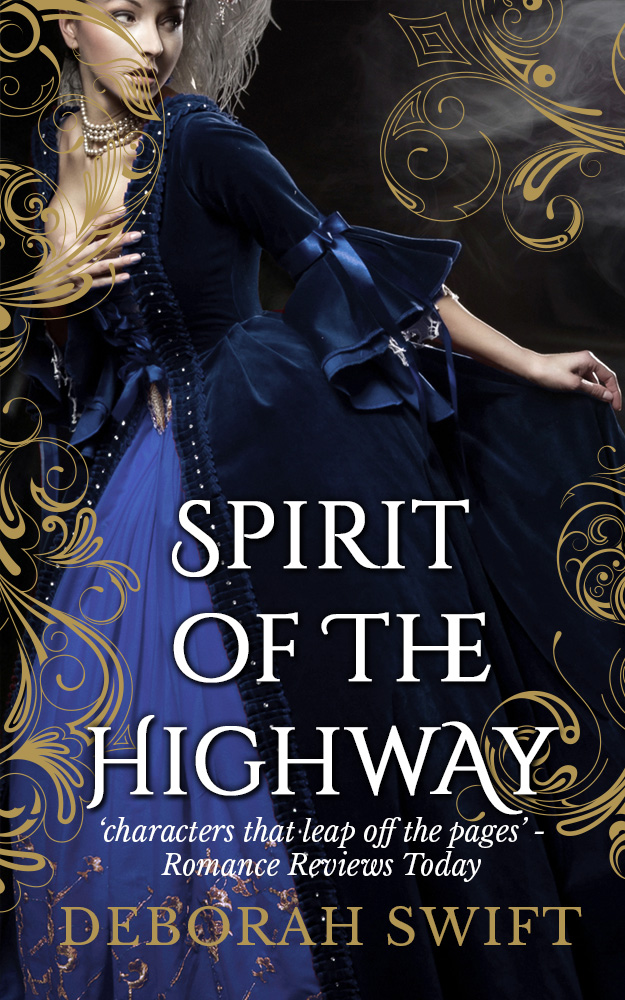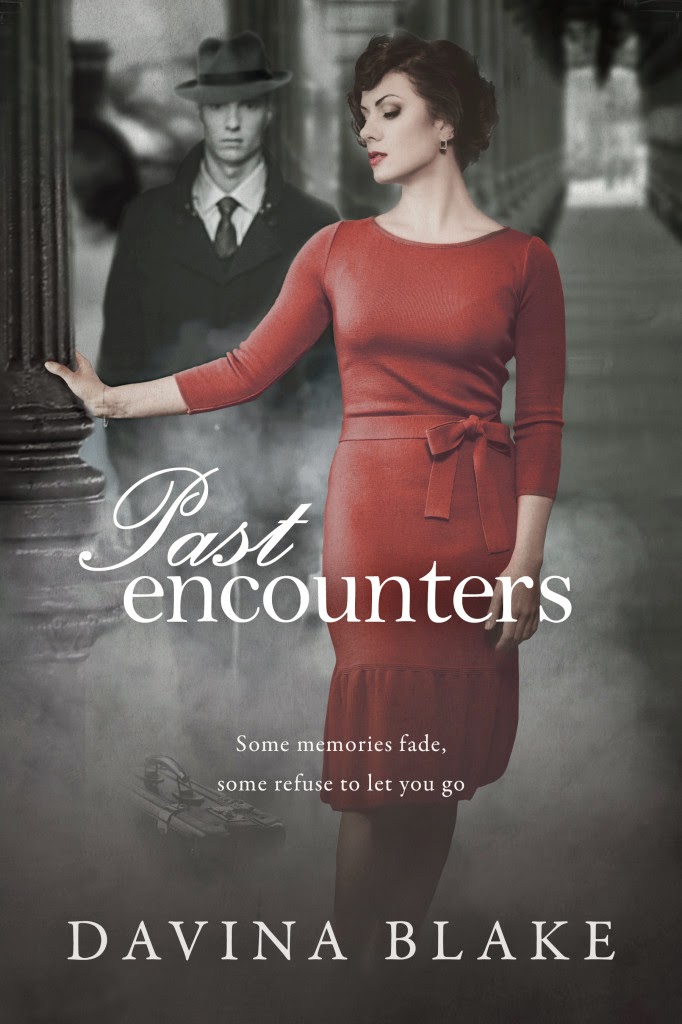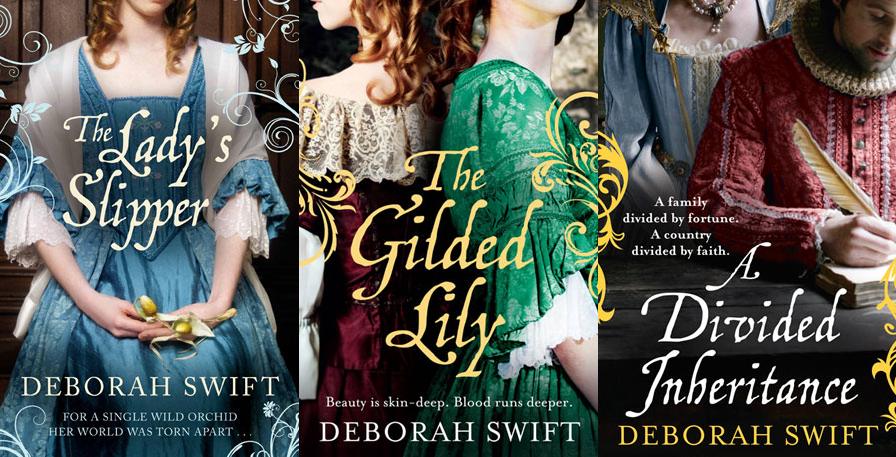I meet regularly with other novelists to critique our works in progress, drink tea, and discuss the various merits of the biscuits. Recently at one of my novelists group meetings we were discussing independent publishers who might publish a full length novel. I argued that there were not that many, but one of the other group members recently emailed me to say that the Independent Publishers Guild UK (
www.ipg.uk.com) have a staggering 580 members!
So why do I say there are not that many ?
The answer is, because in my opinion very few add value for a novelist, and some add so little value that they are in fact proxy self-publishing.
There are of course loads of independent publishers that publish everything from memoirs to military to experimental.(eg local-to-me Cicerone Press that publishes mountaineering guides) And a lot of other so-called 'independent' publishers that are actually assisted self-publishing companies e.g. the well-respected Troubadour, Silverwood. (But these self-publishing services will cost you - and rightly so, for the various services they offer.)
But in fact there are very few independents that publish full length novels, don't charge the author anything at all, and do add value.
These days most publishers of fiction offer e-books as a matter of course, (and some only e-books) so lets assume that as a given, that they will at least upload your book to Amazon. Publishing is easy these days, so publishers have to do more than just upload an ebook and offer a badly-designed POD paperback to win my vote.
So what exactly do I mean by 'add value?'
PHYSICAL VALUE
a) Offer distribution of physical books to bookshops (ie I don't have to carry my books to my local bookseller myself)
b) Offer proper editing, proof-reading, interior layout and typesetting (i.e not just an edit through an online programme such as Autocrit, or reproducing your Word Document as a book)
c) Offer a print run (however limited) that is not just Print on Demand such as CreateSpace. By the time the publisher adds their cut, it makes the books too expensive in comparison with other traditional publishers, and therefore they fail to sell. Who will buy a £12.99 paperback when similar titles sell for £7.99?
d) Offer an individual marketing strategy for your book, including promoting it to bookshops and libraries, in other words not just bunging it on their website and newsletter and hoping for the best.
I reckon many independent publishers fail on one or more of those counts. They rely on you to sell your books to family, friends and your network, and then take royalties for the very little effort they have put in, which usually just involves adding a cheaply-designed cover and uploading your word document as a book to kindle, POD and their website. I admit these things take time, and incur costs for the publisher. But in most cases you would be better off self-publishing than giving this type of publisher a substantial part of your royalties when they add so little value to what is in the end your product.

There are many 'independent' publishers that look convincing, but are actually not that good for the author. Eg take a look at this fairly typical
independent publisher It looks great, until you read under their submissions guidelines:
'Depending on how many we think it could sell, we offer varying levels of contract. About one in ten of the titles on the list have a subsidy from the author, directed either towards more editorial or marketing work than we can normally provide.' Non-fiction sells well, so perhaps 1 in ten is actually most of the fiction, but of course you wouldn't know that if you were the submitting author.
or
this one: 'A traditional partnership agreement entails the same benefits as a mainstream agreement. However, as the writer you may be asked to cover part of the cost of publishing the book. We follow all traditional industry etiquettes with regards to the promotion and marketing of the title in addition to all other avenues involved in the process.'
From another niche
Independent Publisher website:
'We believe that as an author it is your responsibility to ensure that your work is of a reasonable standard before submitting to us. We can recommend a proof editor if you wish but that would be outside of our arrangement with you and you would contract them yourself.'
If you are going to pay, why not self-publish or use openly assisted self-publishing like Silverwood Books?
PSYCHOLOGICAL VALUE
Of course I am not negating the psychological value of having your work accepted by a publisher. After receiving a lot of rejections (and we all get them!) it feels brilliant to have your book accepted by somebody. Anybody! A friend of mine recently had her novel accepted by a small independent publisher. She was over the moon until she read on Link'd In that her commissioning editor had just left school, had never worked in publishing before, but had done two weeks work experience for a book promotion company. So if literary validation is important to you, don't forget to Google who is reading your manuscript and whether they are actually more qualified to make a judgement on your work than your local newsagent.
However, there can certainly be psychological (and monetary) value in accessing a like-minded community. If you have a book that suits a niche audience, then there can be value in a niche publisher and in becoming part of that network, but check the network is not just other hopeful authors like yourself.
a) See if the books from that publisher have won any prizes or been nominated for an award (or sold millions - we wish!)
b) Check whether any of the books been endorsed by writers or critics you have actually heard of, not just 'Brilliant' - Amazon Reviewer
b) For niche markets, eg horror, fantasy, experimental, check that the publisher seems to have good networking links with their community. Eg Do they blog? If so, check out their blog.
CONVENIENCE VALUE
OK, so you are technologically inept, and it's much easier to hand it to a publisher and let them do it, if they accept your submission. But if it doesn't get edited or properly laid out, if it has a bad cover, if it only reaches a few other writers who go to their website, and if it is too expensive to be attractive in bookshops, the convenience soon becomes inconvenient. You haven't the control to do anything about it, the way you would have had if you had self published - and you are still paying them via your royalties.
However, for full length commercial/literary novels I can safely say the following independent print publishers do add value - not an exhaustive list, and in no particular order. They all have beautiful websites and beautiful books that you sometimes see in bookshops - a good sign.
Bloomsbury*, Alma, Myrmidon, Honno Press, Parthian Books, Myriad Editions, Allison and Busby*, Serpent's Tail, Valley Press, Canongate*, Legend, Salt, Cinnamon Press, Accent Press, Cillian Press.
Some of these require you have an agent right now to submit (those marked with asterisks), some don't, but for a bigger list of small independent publishers check out
Nottingham Writers Studio. If you want to see a list of other small presses, check out
Lollipop. And here's a complete
list of UK publishers competing in The People's Book Prize.
Anyone who can recommend more excellent independent publishers to add to this list - please do!

















